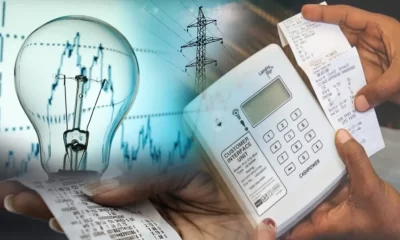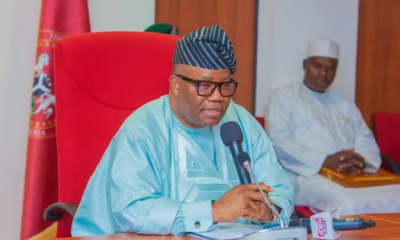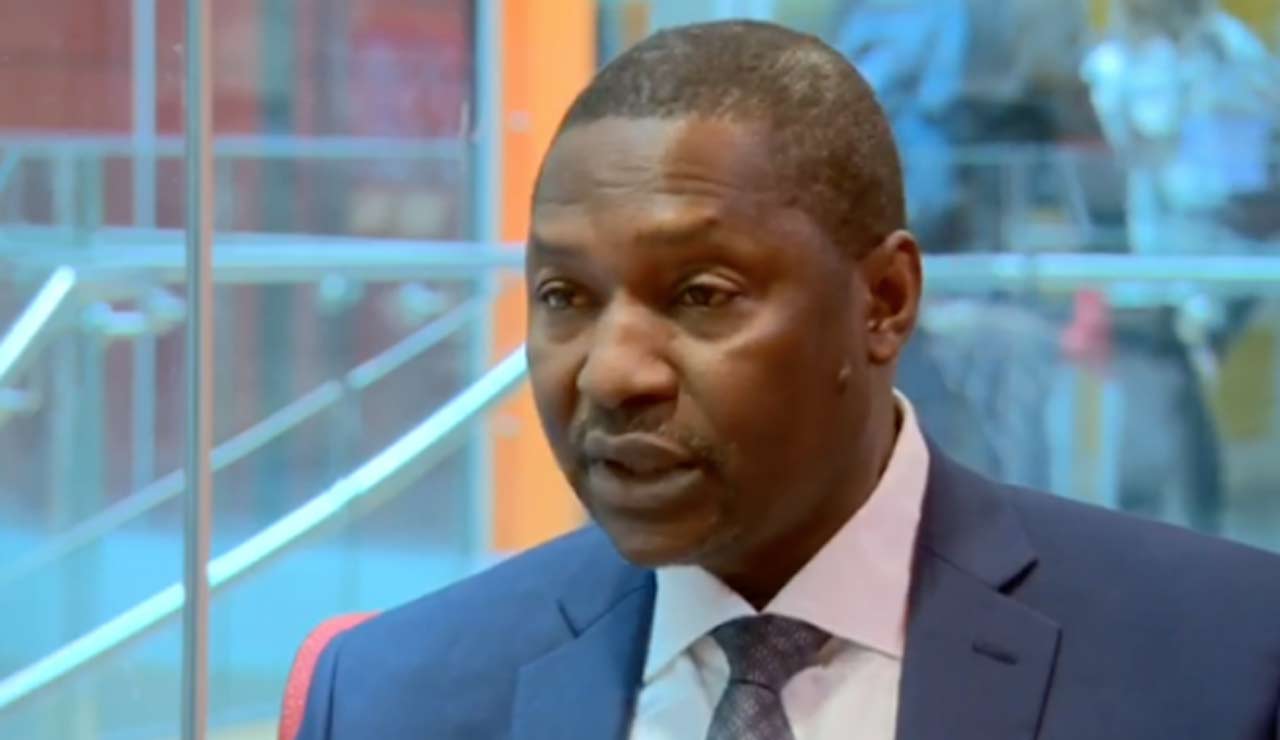The Attorney-General of the Federation and Minister of Justice, Abubakar Malami has said President Muhammadu Buhari refused to sign the Electoral Act Amendment Bill because it was discriminatory and would not take care of Nigerians’ interests.
The President had last Monday informed the National Assembly about his decision to withhold assent to the electoral bill, citing several reasons including the adoption of direct primaries for political parties by the lawmakers.
Malami, who featured in a radio programme in Kano, added that the financial burden in the new electoral bill was another major reason the President did not sign it.
The AGF said: “The Electoral Act Amendment Bill is discriminatory, signing it into law will swell up litigations.
“When you talk about politics he has rights, if you talk about the economy, the business community also has rights on him, if you are talking about 60 percent of Nigerians that are not politicians, if you talk about the economy he also has rights.
READ ALSO: Senate spokesman – “Buhari’s refusal to sign electoral bill not surprising”
“This is because the leadership of the country is not for the politicians alone, it is a leadership that affects the social life of the people, their religion, economy, security, and others. This is contrary to the leadership of the legislators which is solely political.
“Therefore, the lawmakers are only concerned about their political inclination while the President is concerned about the entire lives of Nigerians made up of politicians and non-politicians.
“Any bill signed into law by President Muhammadu Buhari is in the interest of all Nigerians irrespective of their inclinations.
“He is after satisfying the interest of the over 200 million Nigerians he is serving and not a particular sector.
READ ALSO: Electoral Bill: Buhari undermining democratic wishes of Nigerians, says NCFront
“For example, one of the reasons is that there are 18 political parties and law is founded that will allow for direct primaries. The difference between this and the general election is small because it allows for all Nigerians to come about and say their opinions.
“This means that you will repeat the general elections 18 times. Today the Independent National Electoral Commission (INEC) requires N305 billion for the 2023 general elections. Now if the general election, which is not the newly proposed electoral system, will cost this much, how much will it cost to do the same election in the All Progressives Congress (APC)? It might cost at least N200 billion because it will involve everyone.
“Although the good side of the law is that INEC is required to monitor it. Therefore, if it is assumed that every political party will spend N200 billion, how much will then be spent in conducting the same primary election in 18 political parties just to produce a qualified candidate?”

 Latest4 days ago
Latest4 days ago
 Crime5 days ago
Crime5 days ago
 Agribusiness7 days ago
Agribusiness7 days ago
 Business1 week ago
Business1 week ago
 Business5 days ago
Business5 days ago
 Agribusiness5 days ago
Agribusiness5 days ago
 Crime6 days ago
Crime6 days ago
 Featured1 week ago
Featured1 week ago

